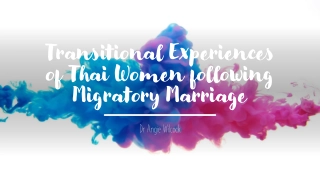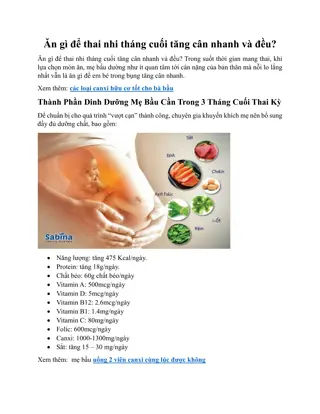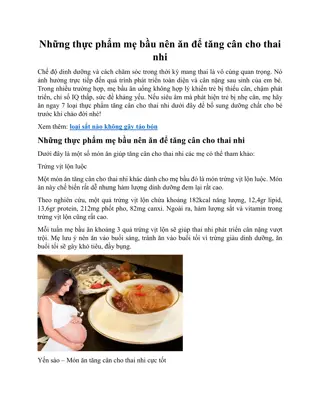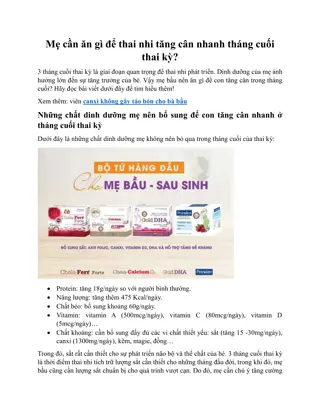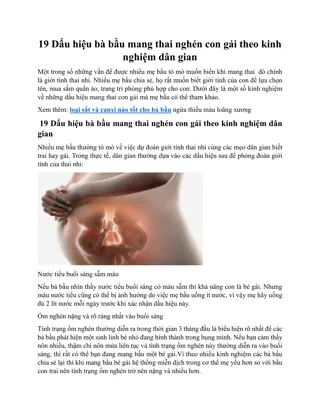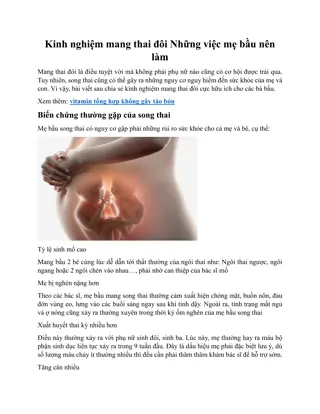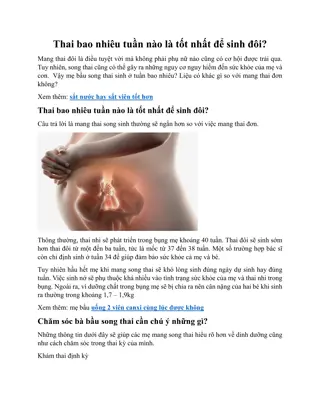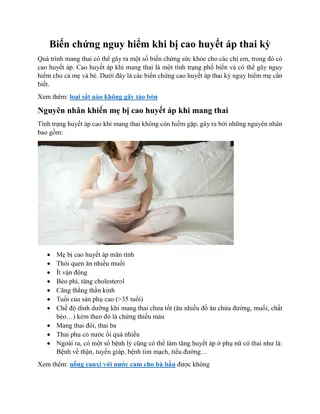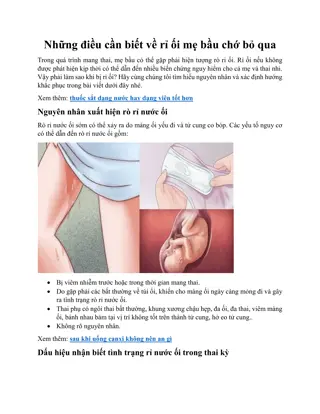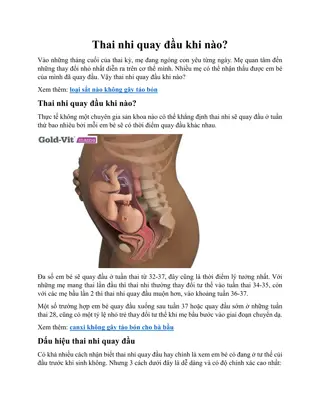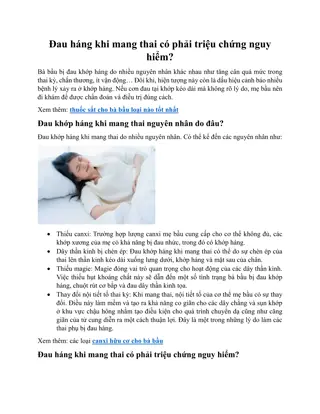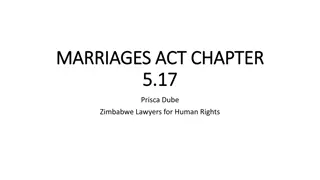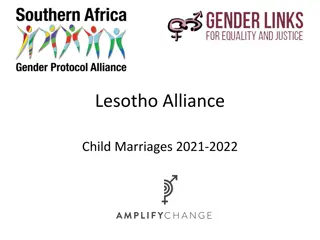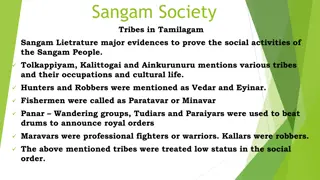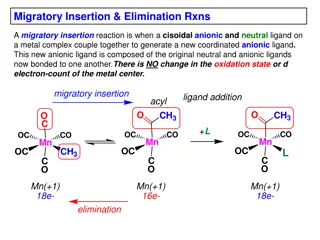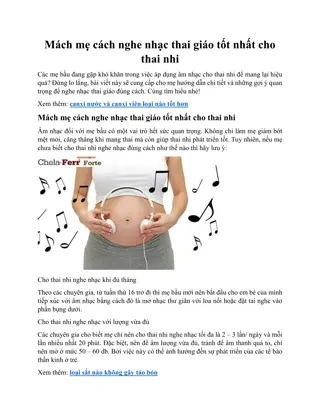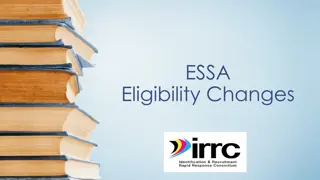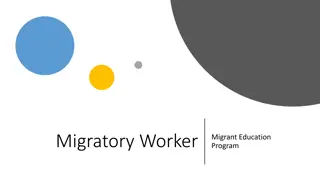Challenges Faced by Thai Women in Migratory Marriages
The study explores the experiences of Thai women in migratory marriages, highlighting issues of discrimination, coercive control, and physical and sexual violence. It advocates for recognizing and protecting the basic rights of these women in the face of challenges within the sex tourism industry.
Download Presentation

Please find below an Image/Link to download the presentation.
The content on the website is provided AS IS for your information and personal use only. It may not be sold, licensed, or shared on other websites without obtaining consent from the author. Download presentation by click this link. If you encounter any issues during the download, it is possible that the publisher has removed the file from their server.
E N D
Presentation Transcript
The experiences of Thai women following migratory marriage: Just let us know our basic rights , Dr Angie Wilcock University of Sunderland
Introduction The study Population Sex tourism industry Findings: Discrimination, Coercive Control, Physical and sexual violence, Tell us our rights, calls to change policy and practice.
The Study Qualitative approach - semi-structured interviews, hard to reach sample - employed via an advert on Thai community Facebook pages, LinkedIn, Twitter, Thai Online networks, local agencies and local businesses. Thematic analysis - phase 2 - online survey now posted. 10 Women participated , additional 4 dropped out gatekeepers! Age: 20s x 3, - 30s x 4 - 40s x 2, 50s x1 Years Married: 1 20yrs, Area of Thailand: Bangkok x 6, Phuket x 2, Isan x1, Pattaya x 1, Education: Degree x 5, (MSc x 3), Secondary College x 2, None x 3, Profession: Accountant, Banking, Architect, HR, Tourism (Management), Nurse, Masseurs, Class: Middle x 4.
Thai Population Thai population in 2001 was around 16,250 In England and Wales ONS (2011) identified Thai born nationals: 41,350 (more than doubled), 72% of those said to be women (ONS, 2011)., 42,673 (ONS, 2021). The Home Office states, the majority of Thai nationals migrating to the UK are given residence through marriage (Home Office, 2011; Simms, 2008). Student populations with around 6880 (2021) studying in the UK. UK noted as having the largest Thai population in Europe (Chuenglertsiri, 2020)
Backdrop: Sex Tourism Industry The sex industry, although it has a historical past within Asia became more apparent during the Vietnam war (see Esara, 2009). This has resulted in it becoming a growing sex tourism hotspot for western tourists (Cohen, 2003), popular areas are Bangkok, Pattaya, Phuket, Chiang Mai, which is argued to exploit women for patriarchal leisure gain (Garrick, 2005). Early literature suggests Thai sex workers began to quickly recognise Bangkok as a city of western men, which could result in economic support (Esara, 2009; Plambech, 2008). Led to agencies setting up and capitalising on the marriage of Thai women to western men marriage bureaus and media representation of the mail order Thai Bride business (Esara, 2009; Liang, 2023; So, 2006). Liang (2023) and Quek (2018) argue that commodifying women in this way contributes to the marriage trafficking market.
First Strong Theme: Discrimination All women experienced derogatory unsolicited connotations relating to the sex industry and mail order bride: The men mentioned to me, we like Thai girls, how can we meet Thai ladies? You're very pretty and I heard that Thailand the nightlife and the girls are very pretty. Some of them said they have been to Thailand and said like the tourism area, go, go club or something like that. Like they only see that part and I have the feeling that they imagine like, Thai, all Thai women are bar girls [Sue]. I'm quite struggling actually... (emotional) at work I'm just the one from Thailand and one of the guys had come to me and ask me are you from Pattaya? Yeah, Yeah, I know that he try to umm make joke about me [Ellie]. Presumed to be in England as Thai bride for monetary exchange, sexualised stereotyping; I get asked how much I charge and I know online friends have in the street [Orraya]. I have my husband's picture to stop men chasing me online [Onin] .
Domestic Violence and Abuse: Coercive Control Coercive control is apparent in all relationships embedding gendered inequality, women took on the domestic role in all but one relationship: My husband not want me to work he wants me to concentrate on bringing up the children here so being at home I am really lonely but my husband bought properties and I clean and look after them for him and he moved his parents next door so I can help them [Onin]. Double Burden (Hochschild and Machung, 2012): He take my money from business and when I bought car, he took my car and sold it for money as said I could not have it as his. I do everything in house and work like Thailand, look after husband [Nin]. Isolation was expressed by all women as husbands did not want them to have friends: My father has given me money to study masters as my husband said he cannot pay, he thinks I should be happy with just him, not need anything else [Sue]. I asked my husband where is my phone I need to call my friend he said, I have not seen your phone then later I heard my phone, I heard a vibration from the bed and I said but my phone is here somewhere but when he realised I could hear my phone he brought my phone out, he had took and hid my phone [Mini]. Patriarchy and gender inequality active - the women are subordinate and dependent on their husbands physically and emotionally.
Physical and Sexual Violence Physical and Sexual violence was articulated by women who met their husbands online: Err .about the 3rd or 4th year, he started shouting at me and he was more in a mood and stuff like that [emotional], he started to drink more then problems started from then [Mini]. Not good things, first it was good but then he start angry with me after marriage, bad sex things and I have had operation to make me better [Nin]. Seeking help was not an option fear of being sent home, financial implications and duty to their husband, unsure how to deal with it: I nearly got my settlement visa so I need to wait about six or seven months, or a year and I did not want to have problems for him as well so I decided not to go there yet. The GP said you do not have to stay the organisation will help you with your visa as well and domestic abuse but must wait to be safe [Millie].
Tell us our rights, challenges for policy Support from the national and local government lacking, including immigration: Thailand is communism country, we don t have rights, but here we have basic rights and they should tell us our rights to protect ourselves [Kulop]. We have a community of Thai women who are who are being excluded, not integrated, not recognised for their value and what you can offer to the communities. I think we need to say what more can we do to dispel the myth of Thailand and integrate women's successfully into our communities [Arpa]. Government should tell us background of husband if sex offender. I googled him after someone said something to me (emotional)... He has porn and sexual things on his computer, we should be told [Mini]. All of the women are concerned about the number of women living in the UK and who are not visible in society, predominantly why they agreed to participation.
Bibliography Cohen, E. (2003) Transnational marriage in Thailand. In T.G. Bauer and B. McKercher (eds) Sex and Tourism: Journeys of Romance, Love and Lust. New York: Haworth Hospitality Press. Esara, P. (2009) Imagining the Western Husband: Thai Women s Desires for Matrimony, Status and Beauty , Ethnos, 74(3), pp. 403 426. Available at: https://doi.org/10.1080/00141840903053162 [accessed 20 June 2023]. Garrick, D. (2005) Excuses, Excuses: Rationalisations of Western Sex Tourists in Thailand , Current issues in tourism, 8(6), pp. 497 509. Available at: https://doi.org/10.1080/13683500508668233 [accessed 20 June 2023]. Home Office (2011) Marriage-related migration to the UK, Occasional Paper 96. Avaible from: https://www.gov.uk/government/publications/marriage-related-migration-to-the-uk [accessed 20 June 2023]. Liang, X. (2023) Marriage Trafficking: Demand, Exploitation, and Conducive Contexts A Study in China Vietnam Border Areas , Violence against women, 29(3-4), pp. 548 579. Available at: https://doi.org/10.1177/10778012221094064 [accessed 20 June 2023].
Bibliography ONS (2011) 2011 Census analysis: Ethnicity and religion of the non-UK born population in England and Wales: 2011. Available from: https://www.ons.gov.uk/peoplepopulationandcommunity/culturalidentity/ethnicity/articles/2011c ensusanalysisethnicityandreligionofthenonukbornpopulationinenglandandwales/2015-06-18 [accessed 20 June 2023]. ONS (2022) Population by country of birth and nationality 2021. Available from: https://www.ons.gov.uk/peoplepopulationandcommunity/populationandmigration/international migration/datasets/populationoftheunitedkingdombycountryofbirthandnationality [accessed 20June 2023]. Plambech, S. (2008) FROM THAILAND WITH LOVE: TRANSNATIONAL MARRIAGE MIGRATION IN THE GLOBAL CARE ECONOMY , Wagadu, 5, p. 32 . Quek, K. (2018) Marriage Trafficking: Women in Forced Wedlock. London: Routledge. So, C. (2006) Asian Mail-Order Brides, the Threat of Global Capitalism, and the Rescue of the U.S. Nation-State , Feminist studies, 32(2), pp. 395 419. Available at: https://doi.org/10.2307/20459093 [accessed 20 June 2023].


